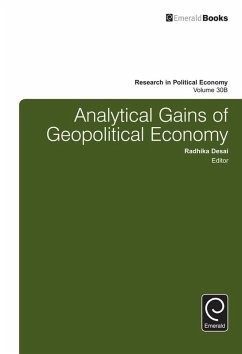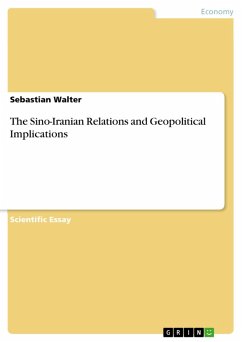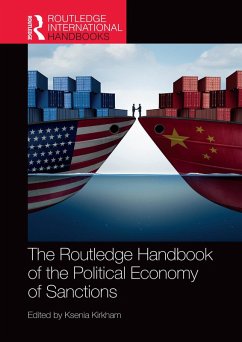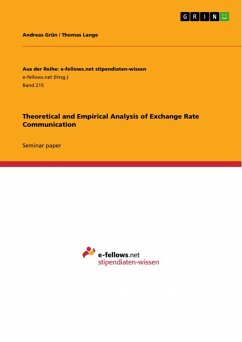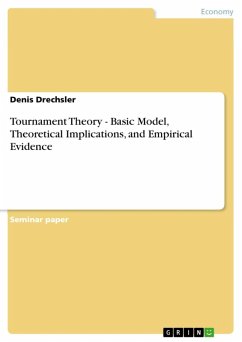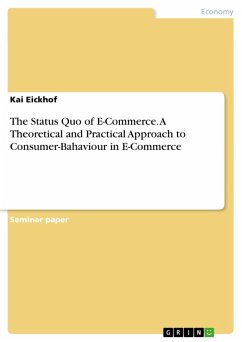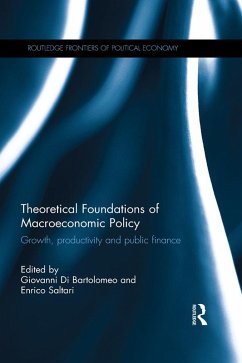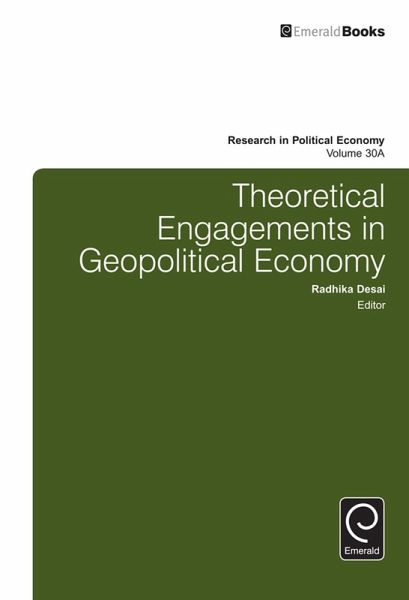
Theoretical Engagements in Geopolitical Economy (eBook, ePUB)

PAYBACK Punkte
42 °P sammeln!
This work advances geopolitical economy as a new approach to understanding the evolution of the capitalist world order and its 21st century form of multipolarity. Neither can be explained by recently dominant approaches such as 'U.S. hegemony' or 'globalization': they treat the world economy as a seamless whole in which either no state matters or only one does. Today's 'BRICs' and 'emerging economies' are only the latest instances of state-led or combined development. Such development has a long history of repeatedly challenging the unevenness of capitalism and the international division of la...
This work advances geopolitical economy as a new approach to understanding the evolution of the capitalist world order and its 21st century form of multipolarity. Neither can be explained by recently dominant approaches such as 'U.S. hegemony' or 'globalization': they treat the world economy as a seamless whole in which either no state matters or only one does. Today's 'BRICs' and 'emerging economies' are only the latest instances of state-led or combined development. Such development has a long history of repeatedly challenging the unevenness of capitalism and the international division of labour it created. It is this dialectic of uneven and combined development, not markets or imperialism, which has spread productive capacity around the world. It also ensured that the 'hegemony' of the UK would end and attempts to create that of the US would peter out into multipolarity. This two part volume paves the way, advancing Geopolitical Economy as a new approach to the study of international relations and international political economy. They expose the theoretical limitations of the latter in Part I and the analytical limitations in Part II.
Dieser Download kann aus rechtlichen Gründen nur mit Rechnungsadresse in A, B, BG, CY, CZ, D, DK, EW, E, FIN, F, GR, HR, H, IRL, I, LT, L, LR, M, NL, PL, P, R, S, SLO, SK ausgeliefert werden.




